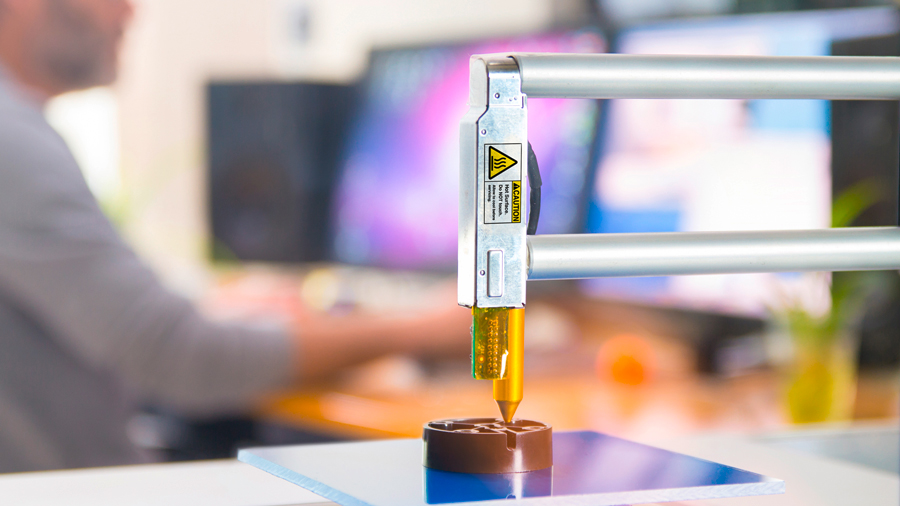Data protection is now a red rag for many companies. aconium has now compiled checklists and recommendations for action on the General Data Protection Regulation (GDPR) to provide assistance. On behalf of Hessen Trade & Invest GmbH, aconium GmbH conducted a study on data protection in additive manufacturing.
The results of the study were presented at a joint event organized by the Transferinitiative Rheinland-Pfalz and Technologieland Hessen on the topic of “Additive manufacturing: Business Models – Process Chains – Applications” on October 8 and 9, 2018 in Ludwigshafen. The reason for the study was the entry into force of the GDPR on May 25, 2018, since when many companies have been faced with the challenge of implementing appropriate measures.
One of the key innovations of the GDPR is that companies and their service providers must provide comprehensive documentation to account for how personal data is processed. The high fines imposed for violations are also new. These can threaten the existence of small and medium-sized companies.
Challenges and recommendations for action
The scope of the GDPR largely depends on how and to what extent personal data is used. In additive manufacturing, data processing takes place at many different levels: in design and development, in every phase of process control, in the exchange of data with clients and in the processing of customer orders. The study prepared by aconium GmbH deals with the specific effects of the EU GDPR on small and medium-sized enterprises (SMEs) in the field of additive manufacturing. Based on this, it provides specific recommendations for action for
- the classification of data
- Encryption and pseudonymization
- dealing with processors
- the deletion of data
- the duty to inform.
They are intended to make it easier for companies to adapt to the new circumstances.
Additive manufacturing on the rise
Additive manufacturing processes are currently spreading rapidly in Germany and other technologically leading countries. Germany is playing a pioneering role in metal processing in particular, with some of the world’s leading companies. Service companies in the field of rapid prototyping are also becoming increasingly important. They develop and manufacture prototypes and small series on behalf of industry. The state of Hesse has a particular interest in additive manufacturing. The process is an important driver for developments in many local industries. In addition, a number of larger companies and research institutes from this innovative field of work have settled in Hesse.
Cover photo: In additive manufacturing (also known as 3D printing), components are created layer by layer based on digital design data. Photo credit: Alexander Kirch/shutterstock.com
Photos below: Ulrich Plate (Head of Digitalization and Mobility, aconium) presents the results of the study on data protection in additive manufacturing, Ludwigshafen, 8/9 October 2018. photo credits: aconium GmbH




